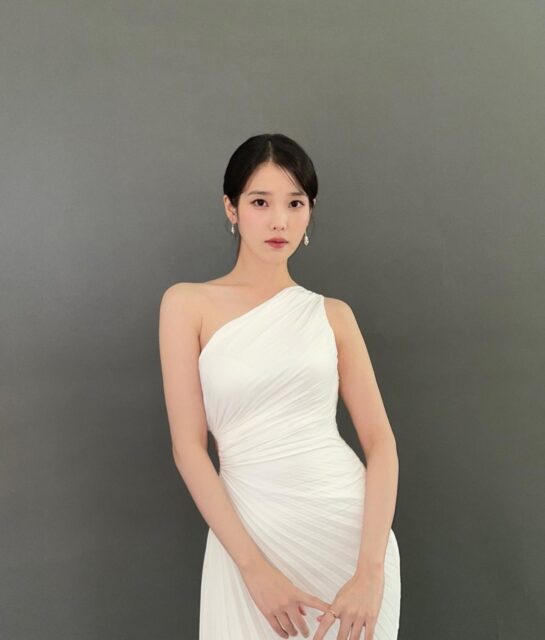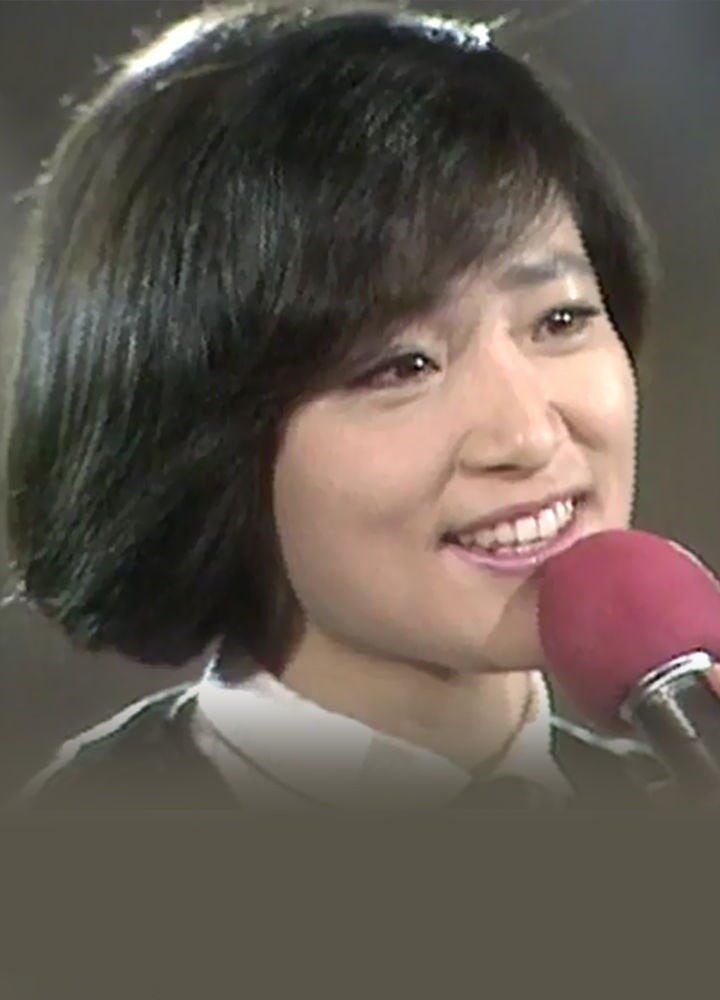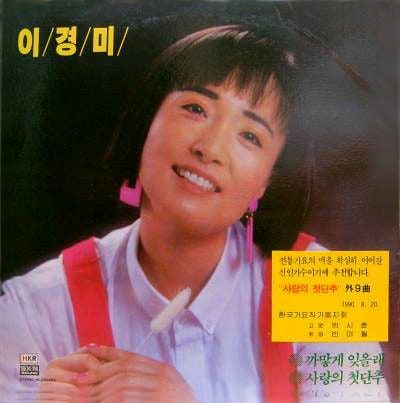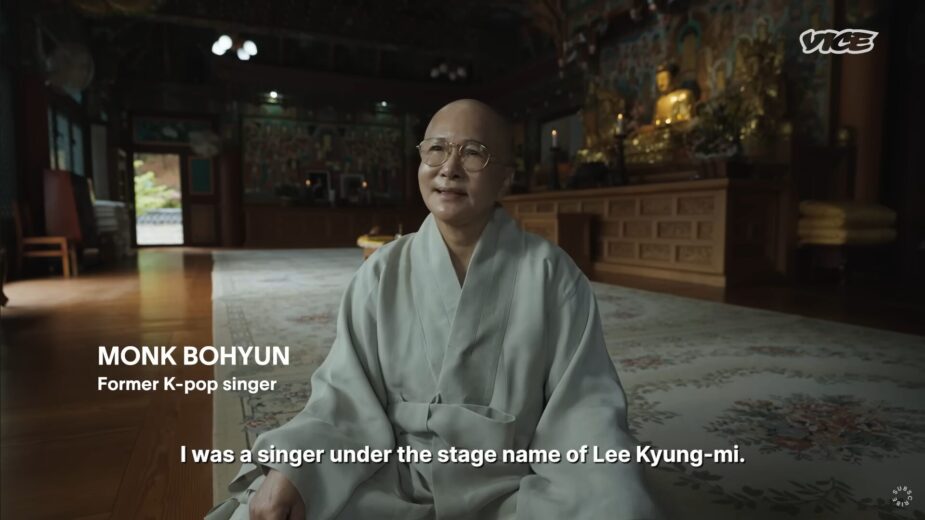Notice: Function wp_get_loading_optimization_attributes was called incorrectly. An image should not be lazy-loaded and marked as high priority at the same time. Please see Debugging in WordPress for more information. (This message was added in version 6.3.0.) in /home2/artstri2/public_html/wp-includes/functions.php on line 6085
Notice: Function get_loading_optimization_attributes was called incorrectly. An image should not be lazy-loaded and marked as high priority at the same time. Please see Debugging in WordPress for more information. in /home2/artstri2/public_html/wp-includes/functions.php on line 6085
In the 1980s, the Korean music industry witnessed the meteoric rise of an all-rounder celebrity whose popularity and talent at that time could only be compared to the nation’s beloved K-Pop artist IU today.

Lee Kyung Mi, often referred to as the “IU of the 1980s,” was one of the legendary artists of her time, known for her versatile abilities as a singer and a songwriter. At her career’s peak, Lee also earned the nickname of “nation’s little sister.”

After starting out as a CF model, Lee became a singer and quickly won over South Korea’s hearts. Her brand power in the 80s was exceptional, and it is said that her fee as an advertising model at that time was a whopping ₩10.0 million KRW (about $7,480 USD). Further, the money she earned from singing one song was reportedly enough to buy a house back then.

Lee’s popularity reached its peak after she sang the OST of the drama Samooguk. But the singer suddenly disappeared from the public eye altogether in the middle of her heyday. Once the most sought-after star in the Korean entertainment industry, Lee has now reportedly completely transformed her life as a Buddhist nun.

According to KBS 2TV‘s show Entertainment Company Live, Lee Kyung Mi decided to leave home after being unsatisfied with her lavish life and money.
This is not my place because the hunger in my heart cannot be filled with such things. I thought a lot about what I would do with the money I earned. I also wondered where to go after earning this much money. I’ve always wanted to become a monk.
— Lee Kyung Mi
In a recent interview with VICE Asia, Lee confessed that even the process of becoming a monk was highly challenging. “I went in and out of the temple three times and shaved my head three times as well,” she mentioned, explaining that each time, her mother would track her down and force her to return to the music industry. The final straw, Lee said, was when her agency wanted her to start performing again with a wig on.
Lee hinted that she had had many negative experiences in the industry, which she said were “too painful to share.”
It’s hard to put into words how I felt. I was like ‘I hate money. I hate men. I hate living. I want to become a monk.’
— Lee Kyung Mi
In the interview, she gave a brief overview of the things she struggled with as an artist. Back then, Lee shared that singers had to make their living performing in the nightlife industry, which included clubs, bars, and so on. According to the former singer, doing nine to ten shows a night was the routine.
While the performance itself was not an issue, Lee hated when club managers would force her to greet VIP customers personally. Turning down such requests also came with unexpectedly dangerous outcomes, as Lee recalled she was once chased by a man who wanted to kill her after she refused to meet him.
The military government’s treatment of singers and artists in the 80s was also a huge source of pain for Lee Kyung Mi, who would be summoned at random to entertain VIP guests at Gungjeongdong near the Blue House.
Lee said that the treatment she received as an artist at that time made her feel like “a mouse being dragged in by a cat.” Being toyed around took such a toll on her well-being that she left all the stardom behind and eventually became a monk. Lee now resides at a temple in Yesan, and her new name is Monk Bohyun. She has now decided to use her talent to sing about Buddhist teachings and values.
The former K-Pop singer also advised her juniors in the industry not to endure hardships silently but to take them as an opportunity to introspect. “Don’t just endure pain. Rather, take it as a chance to reflect on yourself and rest,” the veteran artist relayed to the young idols of this generation.


